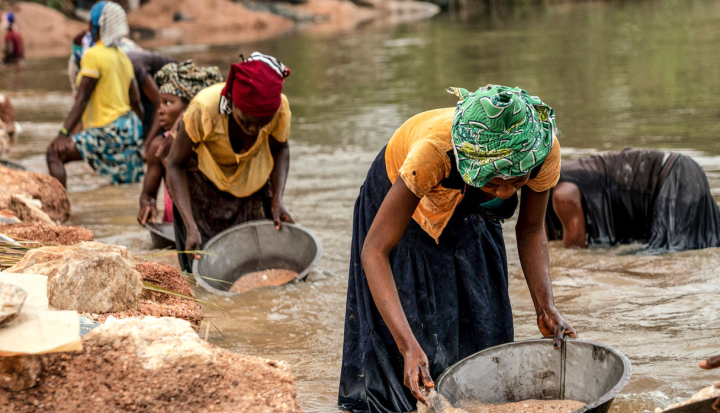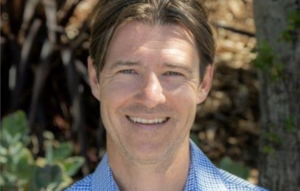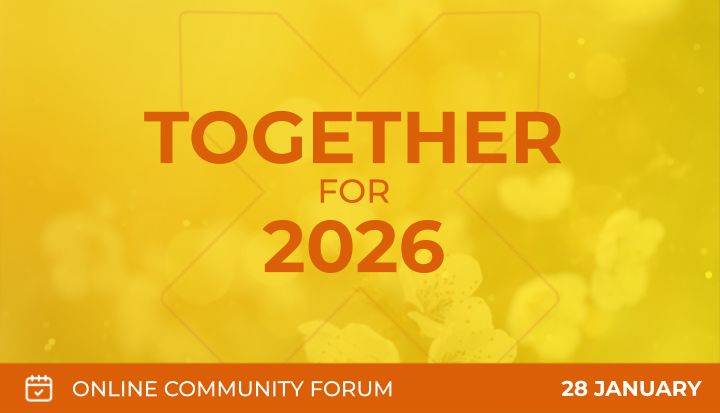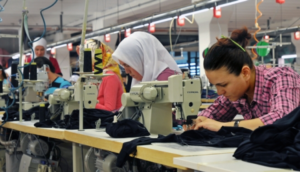Despite decades of progress on gender equality, the journey towards a truly equitable world remains challenging and constant. As a responsible business and sustainability community, we’ve witnessed an ongoing evolution in how we approach this complex issue. The early 2010s saw a surge of corporate commitments focused on empowering millions of women through training and agency-building. Often, these initiatives viewed women as instruments of development, highlighting their impact on family well-being and economic growth. The 2015 Sustainable Development Goals, and particularly Goal 5 on Gender Equality, signalled a shift towards a more nuanced understanding, recognising the need to engage men, challenge harmful norms, and address systemic inequalities.
More recently, the rise of political and cultural backlash against social equality has further complicated the landscape. Policy rollbacks on diversity, equity, and inclusion (DEI) initiatives, particularly in the US, have forced a renewed focus on women’s empowerment rather than gender equality and even a regression to maintaining traditional restrictive gender norms.
Why Equity Matters More Than Ever
At The Partnership Collective, we believe that for everyone to thrive, we need to build pathways to equity, not just equality. While equality aims to provide everyone with the same resources and opportunities, equity recognises that different groups face unique barriers and require tailored support to achieve fair outcomes. An equity-focused approach allows us to listen to the diverse needs of marginalised groups, understand their intersecting vulnerabilities, and co-create solutions that address the root causes of inequality.
Introducing the Fairness and Opportunity Framework
Workers, farmers, and communities frequently lack the resources and influence to advocate for their rights and needs as a result of uneven power dynamics. Furthermore, many global value chains rely on unsustainable models that contribute to environmental degradation, climate change, and resource depletion, which further exacerbate inequalities at the expense of vulnerable communities.
Our Fairness and Opportunity Framework is designed to transform global business practices by addressing the power imbalances and unsustainable practices that perpetuate inequality in global value chains. This systemic approach offers a cornerstone for businesses to navigate the complexities of gender equality, even amidst backlash and shifting narratives. The Fairness and Opportunity Framework facilitates feedback loops and accountability mechanisms that allow businesses to weather external policy and economic challenges by continually demonstrating results and remaining accountable to rightsholders. By embracing inclusive participation, collective action and accountability, businesses can navigate backlash and continue to advance towards a more equitable future.
The Solution
The Fairness and Opportunity Framework provides a structured pathway to empower all stakeholders to co-create building blocks to achieve equity through:
- Inclusive Participation: Ensuring all rightsholders and stakeholders have a voice in shaping policies and practices, fostering ownership and shared commitment.
- Collective Action: Facilitating platforms for rightsholders and stakeholders to advocate for and implement equitable solutions, leveraging collective power to drive change.
- Accountability: Tracking progress, holding stakeholders accountable, and creating a culture of transparency and continuous improvement.
By embedding these principles into their operations, businesses can build more resilient and equitable value chains that deliver shared value for all stakeholders.
The Pathway to an Equitable Future
The Fairness and Opportunity Framework empowers businesses to navigate complexities and transition to a more just future. By co-creating solutions with rightsholders and stakeholders, businesses can foster prosperity, strengthen supply chain resilience, and shift from extractive practices to models that generate positive social, environmental, and economic impact.
How will your business be part of a more equitable world?
To learn more about the Fairness and Opportunity Framework, please contact Laura or Verity at The Partnership Collective: la***@th**********************.org, ve****@th**********************.org.










